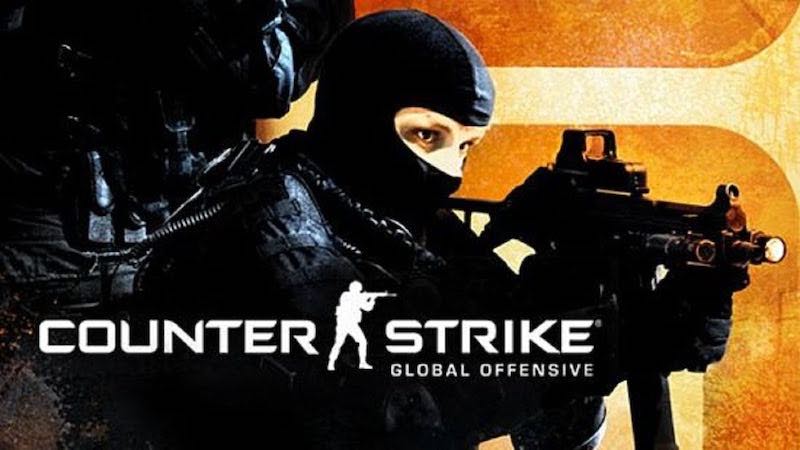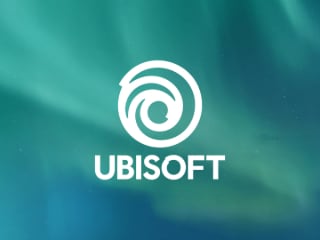- Home
- Games
- Games News
- How Optic Gaming's CS:GO Pro 'Forsaken' Got Away With Cheating in India
How Optic Gaming's CS:GO Pro 'Forsaken' Got Away With Cheating in India

Nearly two weeks ago it emerged that Optic Gaming's India Counter-Strike: Global Offensive (CS:GO) line up was released due to one of its players, Nikhil 'Forsaken' Kumawat cheating. This was discovered at the Extremesland 2018 tournament in Shanghai. Since then, ESL India has found him guilty of cheating too, revoking Optic's ESL Fall win and e-sports ethics authority ESIC have barred him from playing competitively for five years. While Forsaken's cheating has had some ramifications on the e-sports scene in India, many have wondered why he was not caught at local events.
An exhaustive report on the Global Offensive subreddit details what happened leading up to the Forsaken debacle. It claims alleged bias during Optic Gaming's selection process as well as chronicles repeated complaints from the community over Forsaken's performance that were not taken seriously. According to the report, the community has been up in arms over Forsaken's cheating since 2016 and action wasn't taken by any event organisers. Furthermore, most professional Counter-Strike teams in India didn't want to play with him for the same reason. Despite all these issues, Optic Gaming went ahead and signed him on.
To make matters worse, it seems that Forsaken's cheats were not flagged during the Extremesland India qualifiers either. The company behind it, Playtonia has confirmed to Gadgets 360 that did not log any suspicious activity from him, which is at odds with allegations of Forsaken cheating in CS:GO since joining Optic. Then again, neither did ESL or SoStronk.
"Playtonia has never received any official complaint or ticket raised against Forsaken during the span of that event qualifier till date from any of the participating teams or players. Playtonia has also crosschecked the logs from the online qualifiers and we haven't detected any suspicious activity in the online qualifier phase," an email from the company reads.
"Playtonia had adequate admins monitoring each game of the qualifier. Since there wasn't any ticket raised or allegation registered officially with our support staff, admins did their job of inspecting all players instead of specifically targeting one individual for possible malicious activities. Playtonia was only responsible for the Online qualifiers and have no relation pertaining to the succeeding India LAN qualifiers which were offered by some other service provider."
Furthermore, Playtonia has issued a lifetime ban on Forsaken. Nonetheless, some seem unconvinced of the actions taken by Playtonia, ESL, and other e-sports companies in the country and rightly so.
"This was 100 percent preventable with proper oversight and skilled admins who should've been unbiased and neutral," claims esports critic Kshitij Kothari.
"It's an utter shame that they weren't able to do more despite being fully equipped with all the hardware and required resources. We're talking about companies that have supposedly received multi-million dollar evaluations and plenty of funding to go with. They can go on retrieving data from all the PCs Forsaken has ever touched, adding more evidence and only making the case against themselves stronger - that they failed to even take cognisance let alone scrutinise the complaints and reports against Forsaken."
If you're a fan of video games, check out Transition, Gadgets 360's gaming podcast. You can listen to it via Apple Podcasts or RSS, or just listen to this week's episode by hitting the play button below.
Catch the latest from the Consumer Electronics Show on Gadgets 360, at our CES 2026 hub.
Related Stories
- Samsung Galaxy Unpacked 2025
- ChatGPT
- Redmi Note 14 Pro+
- iPhone 16
- Apple Vision Pro
- Oneplus 12
- OnePlus Nord CE 3 Lite 5G
- iPhone 13
- Xiaomi 14 Pro
- Oppo Find N3
- Tecno Spark Go (2023)
- Realme V30
- Best Phones Under 25000
- Samsung Galaxy S24 Series
- Cryptocurrency
- iQoo 12
- Samsung Galaxy S24 Ultra
- Giottus
- Samsung Galaxy Z Flip 5
- Apple 'Scary Fast'
- Housefull 5
- GoPro Hero 12 Black Review
- Invincible Season 2
- JioGlass
- HD Ready TV
- Laptop Under 50000
- Smartwatch Under 10000
- Latest Mobile Phones
- Compare Phones
- OPPO Reno 15 FS
- Red Magic 11 Air
- Honor Magic 8 RSR Porsche Design
- Honor Magic 8 Pro Air
- Infinix Note Edge
- Lava Blaze Duo 3
- Tecno Spark Go 3
- iQOO Z11 Turbo
- Lenovo Yoga Slim 7x (2025)
- Lenovo Yoga Slim 7a
- Lenovo Idea Tab Plus
- Realme Pad 3
- Moto Watch
- Garmin Quatix 8 Pro
- Haier H5E Series
- Acerpure Nitro Z Series 100-inch QLED TV
- Asus ROG Ally
- Nintendo Switch Lite
- Haier 1.6 Ton 5 Star Inverter Split AC (HSU19G-MZAID5BN-INV)
- Haier 1.6 Ton 5 Star Inverter Split AC (HSU19G-MZAIM5BN-INV)






![[Sponsored] Haier C90 OLED TV | Dolby Vision IQ, 144Hz OLED and Google TV in Action](https://www.gadgets360.com/static/mobile/images/spacer.png)








